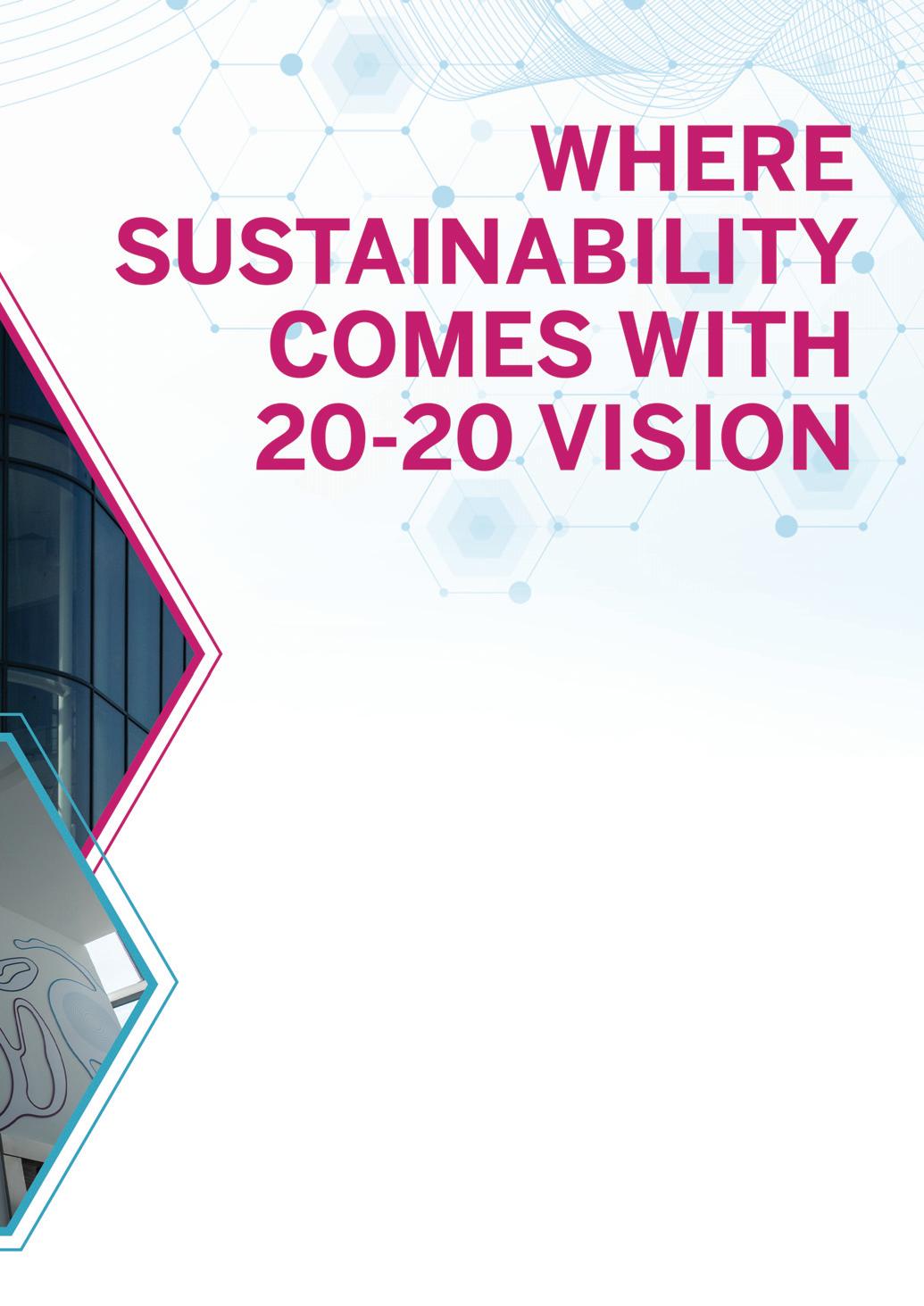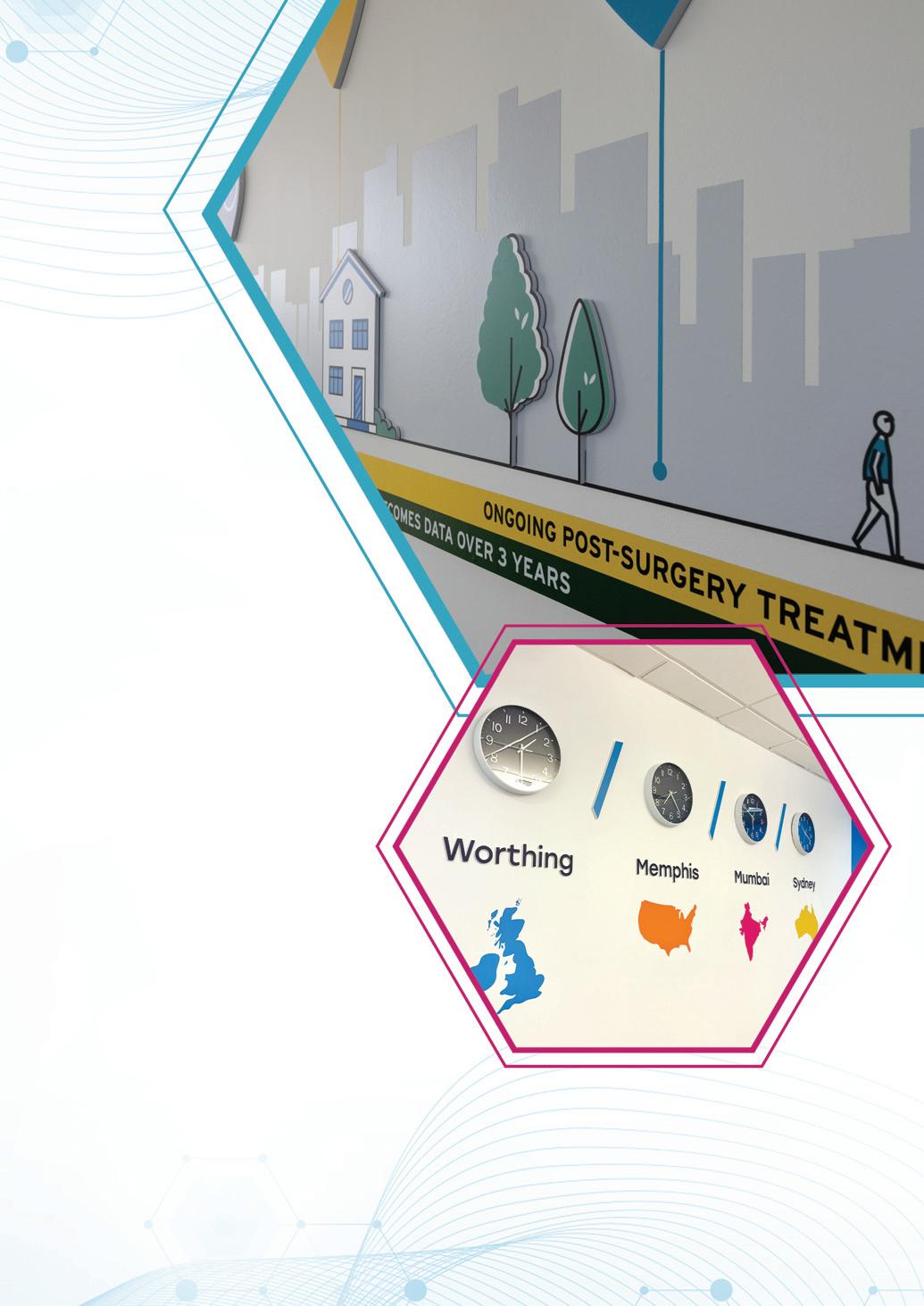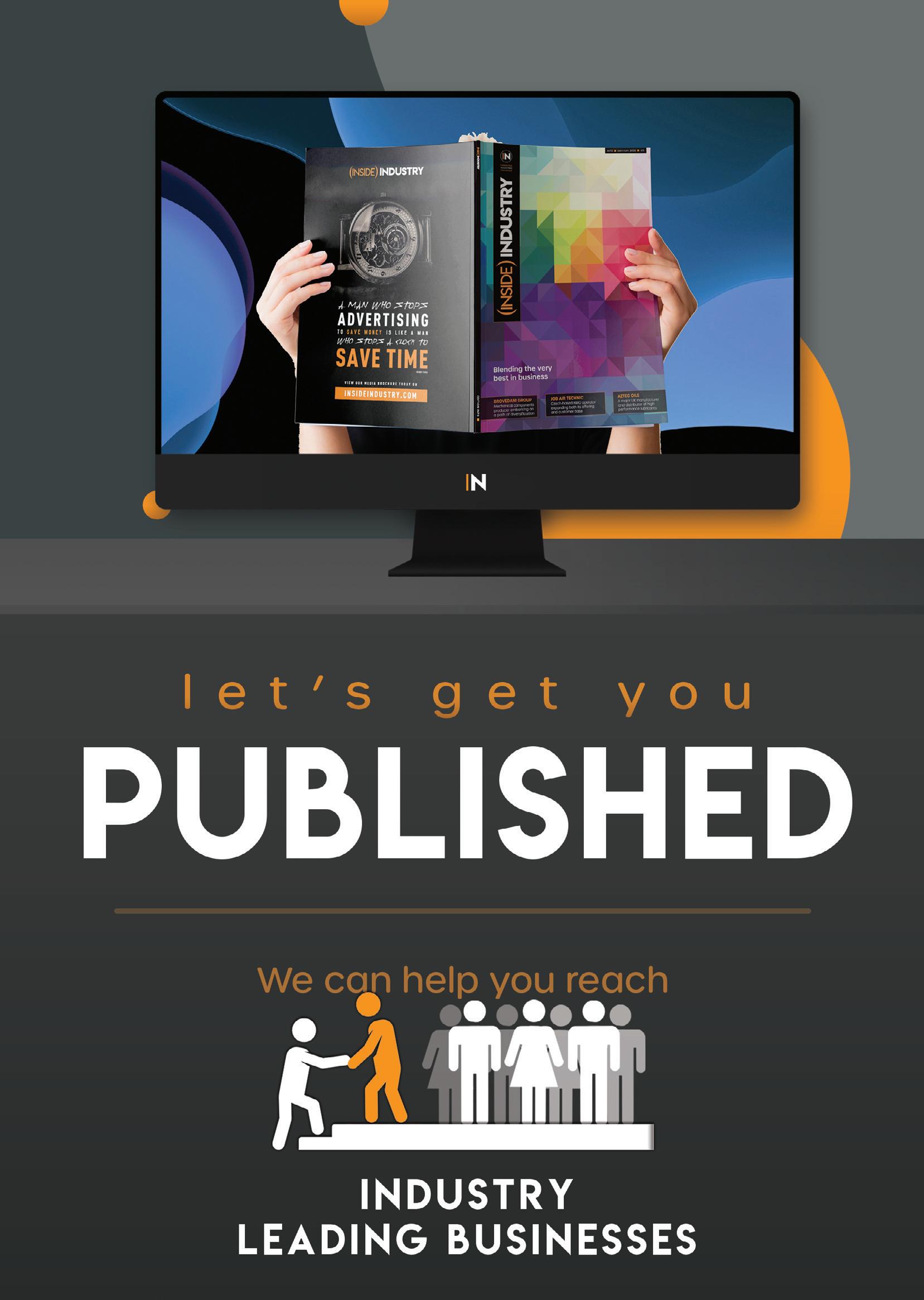Pioneers in the development and manufacturing of highly advanced implantable lenses for cataract surgery, Rayner stands at the forefront of innovation in ophthalmology. Chief Operating Officer David Forsythe and Director of Regulatory Affairs Daniel Peek divulged on the company’s mission as it continues to disrupt the market. Hannah Barnett and Colin Chinery report.
With cataracts among the most prevalent eye disorders, major breakthroughs in cataract surgery are giving patients better vision, increased safety and less reliance on glasses. Leading the field in ophthalmic innovation with intraocular lenses (IOLs) and ophthalmic solutions that provide surgeons and patients with the best outcomes, is Sussex-based Rayner.
When the ophthalmologist Sir Harold Ridley implanted the world’s first IOL in
1949 – one of the greatest milestones in medical history saving the sight of 200 million people across the world –he chose Rayner to manufacture his ground-breaking invention.
Continuous growth
A British company and the only manufacturer of IOLs in the UK, with more than 100 years of continuous growth and experience, Rayner now sells to 95 countries.
“Our mission is to deliver innovative and clinically superior ophthalmic products that consistently respond to the expectations of our global customers and reward the profound trust placed in us to improve
RAYNER I PROFILE
sight and quality of life,” Chief Operating Officer David Forsythe said.
Employing more than 800 people worldwide, headed by a state-of-the-art global headquarters and 24/7 manufacturing plant with a capability of four million lenses a year, the Worthing company has regional offices in every corner of the world.
A broad portfolio of products across the patient pathway, includes monofocal and premium IOLs, a full range of Ophthalmic Viscosurgical Devices (OVDs), a family of Ocular Surface Disease (OSD) solutions and RayPRO, a proprietary patient reported outcomes digital platform dedicated to improving post-operative quality of vision.
New acquisition
In a move enhancing its breadth of high-quality products, Rayner recently acquired Swiss-based This AG, the inventor and manufacturer of the Sophi (Swiss Ophthalmology Innovation) phaco emulsification machine, a key piece of equipment used during cataract surgery that provides mobility, simplicity and safety within the operating theatre. “This will allow us to have control over our machines and provide a more integrated supply chain,” Mr Forsythe said.
The bulk of the Rayner offering is in the post-cataract removal segment, as Daniel Peek, Director of Regulatory Affairs explained: “These range from the entry level product often used in NHS work to restore excellent distance vision for normal day-to-day use, innovative prod -
ucts to deal with astigmatism, or for people who wish to have near vision for activities such as reading and working on computers.”
Queen’s Awards
Rayner’s ground-breaking achievements have seen a Queen’s Award for Enterprise – Innovation category – specifically for the design of a pre-loaded injection system for simple all-in-one surgery. Export success previously secured a further Queen’s Enterprise Award.
Last year the south coast business won acclaim by the world’s largest provider of business sustainability ratings for success in a key operational area – sustainability – with the EcoVadis Silver Award as a top 17% company.
Since winning a Bronze Award in 2022 departments across Rayner have collaborated to embed policies, practices and processes focusing on improve ments in areas such as packaging, waste reduction and switching from paper to electronic IFU documents.
“We are doing as much as we can to reduce our impact on the environment,” said Mr Forsythe, “and our plan is to continue doing as much as we can within the limits of medical device manufacturing. We have already made huge changes in manufacturing to remove single use plastics.”
War on waste
Switching from a plastic packaging tray used in operations to a porous alternative is one example, reducing waste by 20-50 tonnes a year and cutting energy use by almost half. “We've also spent a lot of
time looking at general waste and what we can do across the board to improve the product yield,” said Mr Forsythe. “That's been a major initiative.
“We have already signed contracts to move to save energy and will continue to look for sustainable solutions for manufacturing. The work doesn’t stop here of course, and we are committed to continuing our progress for years to come.”
Endorsed by BREEAM, the world’s leading science-based suite of validation and certification systems for a sustainable built environment, Rayner’s recently opened state-of-the-art distribution centre meets the highest standards for new buildings.
With a location selected in part because of its proximity to rail and bus services, car sharing and cycling to work are also encouraged. Local eco community
involvement has seen Rayner staff marking Earth Week by cleaning the Worthing and Lancing beaches and a partnership with Evertreen to promote biodiversity, with a two-tree gift for each of its employees to aid global reforestation.
“We are doing less printing, cutting down fewer forests and, even though we use sustainable paper, we are using less of it,” said Mr Peek. “So, all the way through the supply chain, we are reducing as the best way forward because reuse and recycling are very difficult in the medical technology sector. As a global manufacturer, we are decreasing the gross weight being shipped around the world, a real saving in fuel usage.”
And in another paper-less move, Rayner has adopted an internet-based system of electronic IFUs to reduce dramatically the amount of paper used in operations. “Surgeons are legally required to use operation instructional booklets, and with as many as 15 operations conducted in a day, this leads to a lot of binned paper,” Mr Peek continued. Using electronics to reduce paper usage is in another advance. “A perennial issue in medical technology is making sure that the users have access to the correct
“W
WHAT XCITES E IS THE PPORTUNITY HELP PEOPLE Y RESTORING EIR SIGHT”
information about the product,” said Mr Peek. “One of the great advantages of an electronic system is that, if we wish to say something new about a product or report new advances, we can detail these on our website.”
By engaging and partnering with surgeons and academics around the world in new product development, Rayner will continue to work hard in restoring sight to as many people as it can, supporting both the NHS and UK employment –and the equivalent in countries around the world.
“Being involved in an innovative and creative business is great,” added Mr Peek, in conclusion. “What excites me is the opportunity to help people by restoring their sight.”













